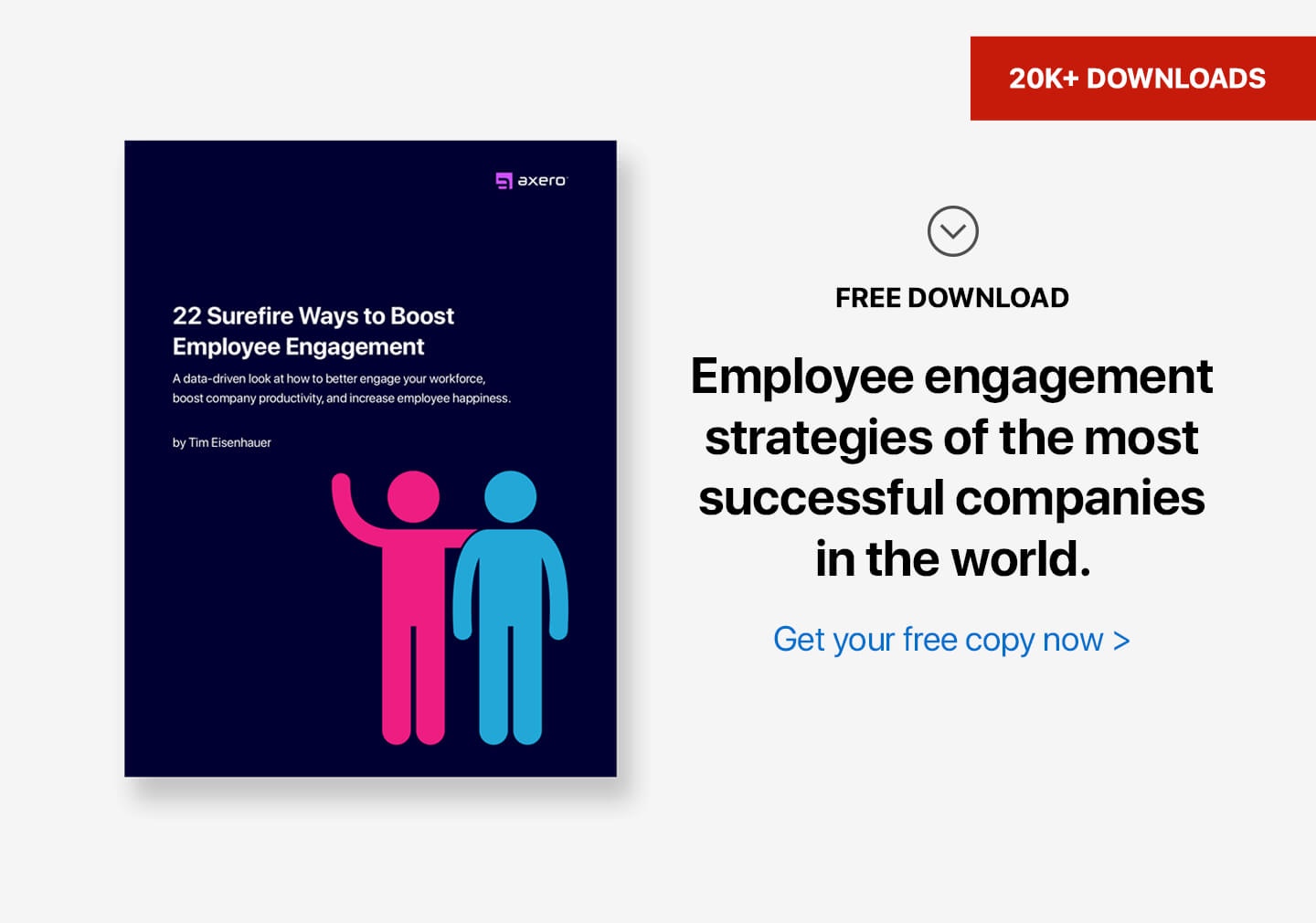
Staff are not happy, so our guests don’t experience a fun environment.
— Pit Boss
To grow, a business needs satisfied customers. Lots of them. If your product works, pleasing customers isn’t rocket science. All it takes is friendly and competent service with a little extra effort. What’s so hard about that? And why do so many companies struggle to keep customers happy?
Managers often assume that employees are not motivated to treat the customer well. As a result, a lot of advice centers on incentive schemes: rewards, recognition, gamification, and culture. Meanwhile, people are naturally eager to please. Even the poor bastards that work for minimum wage at a super-value dump, like I did in my twenties, love to take care of customers. In fact, that’s the only thing they love about their jobs.
The problem is usually that there’s more to the job than meets the eye. You have to be fast. You have to know your stuff cold. You have to put yourself in their shoes. And still live with the fact that you will not please everyone. Nope. Not gonna happen.
Big thank you to the pit boss who sent in today’s challenge. I would have never thought of it on my own, but a casino dealer is an extreme case of the pressure that customer service reps must face day in and day out. So, if a dealer can handle his job well, so can customer-facing employees working from behind counters, phones, and computer screens.
The New York Times journalist, Matt Villano, once shadowed a casino dealer on the job to understand what it’s like to be one. What he learned applies to all of us trying to take care of customers.
Take breaks
A dealer is constantly doing math. As Villano wrote in his article, “some dealers estimate that they perform thousands of addition problems an hour—and that’s only the card games.” While he is crunching numbers in his head, the dealer must also keep his hands busy with the cards, keep his eyes on the players, explain and enforce the rules of the game, and cheer on and entertain the crowd. If people like the dealer, they will come back.
The upshot is that dealers stay fully engaged for about an hour. After that, their concentration breaks down, their energy slumps, and they’re prone to make mistakes. For this reason, Joe Hebel, the dealer in Villano’s article, takes a twenty-minute break after every hour of work.
The job of a customer service rep can be similarly demanding. They must take down information, follow protocol, solve problems, engage emotionally with the customer, and, sometimes, handle multiple requests at the same time. Under these conditions, knowing when and how to take a break becomes a critical job skill.
Breaks can take many forms, from taking your eyes off the computer screen to switching tasks, to going on a vacation, to getting out of the job altogether. Some breaks are up to the employee, and others are a matter of company policy. In either case, the boss has a lot of say over if, when, and how employees recharge.
Taking breaks is so important that I give it its own chapter in my book, Who the Hell Wants to Work for You? (Chapter 24, Give Them a Break.) If you are struggling to keep your busy and stressed employees happy, I especially recommend it to you.
There will be winners and losers
A dealer knows that a large part of the customer experience is out of his hands—namely, whether they win or lose. He also knows he will take the blame for some losses and credit for some wins.
“Over the course of his career at the Jackson Rancheria Casino and Hotel in Jackson, Calif., Joe Hebel has been seen as a harbinger of fortune, a liaison to luck and the sweetest angel known to man. He has also been called a good-for-nothing imbecile, an honorary member of Satan’s disciples, and the kind of thief who makes the outlaw Jesse James look like the Jesse who stole your lunch money in the third grade…” (Matt Villano, Between Win and Lose, the Casino Dealer, The New York Times, August 12, 2007)
Try, as we may, we won’t please every single customer; there will be losers, and sore ones too. It doesn’t mean we shouldn’t do our best to resolve every case, but we need to be careful to set our expectations straight.
In tech support, for example, the rep is always guilty until proven innocent. Customers get wound up, even before they get on the phone. In the early days of Axero, Vivek and I—and now our customer service people—have taken a lot of abuse. People don’t usually call to say hi and thank you for doing a great job. They call because they’re having a problem. Some will handle it graciously, while others will be upset and look for someone to pile on.
Resentment and anger are contagious, so we need to build our immunity. We also need to know when to ask for help, step aside, and give ourselves a break.
Put yourself in the customer’s shoes
The best way to protect yourself from toxic emotions is to practice empathy. You can forgive a lot just by changing perspective. Here’s how a casino dealer keeps it together:
“I’ve had people call me just about everything you can possibly imagine after a tough loss,” Mr. Hebel said. “Do I like it? Not at all. But I understand that it’s part of the job, and if I sat there and lost my money to some blackjack dealer, I’d be pretty angry, too.” (Matt Villano, Between Win and Lose, the Casino Dealer, The New York Times, August 12, 2007)
That said, empathy is more of an ingrained trait than an acquired skill. We can all try to tame our egos and be kinder to our fellow creatures. However, if your job is going to test your patience, humility, and tact on an hourly basis, it’s better to come with plenty of reserves.
All big name companies known for their customer service extensively test job candidates for these kinds of qualities. For specific policies and examples, read Chapter 2, Hire Traits and Behaviors, in Who the Hell Wants to Work for You?
Keeping customer service reps happy is not an easy task. This pit boss is in for a lot of trial and error. However, if you hire the right people, keep them physically, mentally, and emotionally alert, and set realistic expectations, you will eliminate at least three major causes of unhappiness. And your customers will have more fun.
____
If you like to keep your employees happy, you might like my book, because, it’s about the best places to work for in America—and the world.











 info@axerosolutions.com
info@axerosolutions.com 1-855-AXERO-55
1-855-AXERO-55


